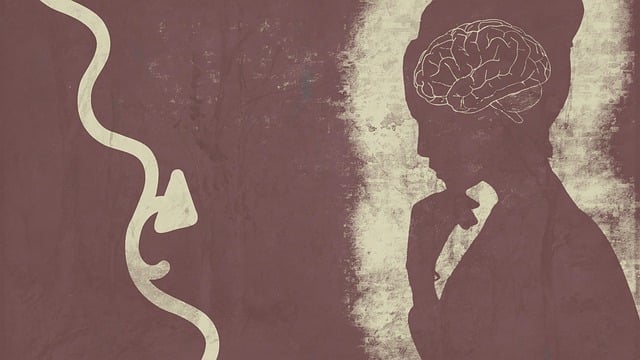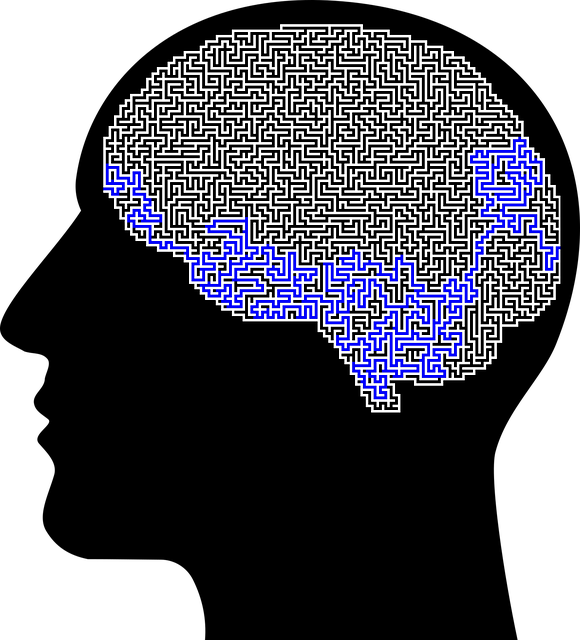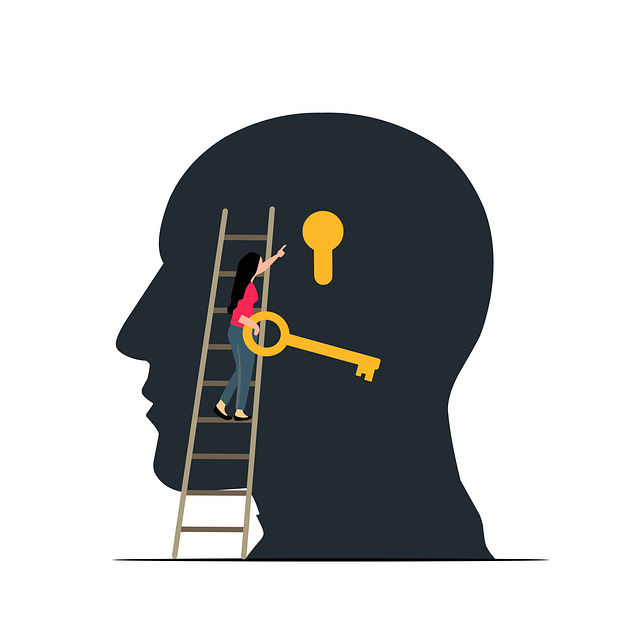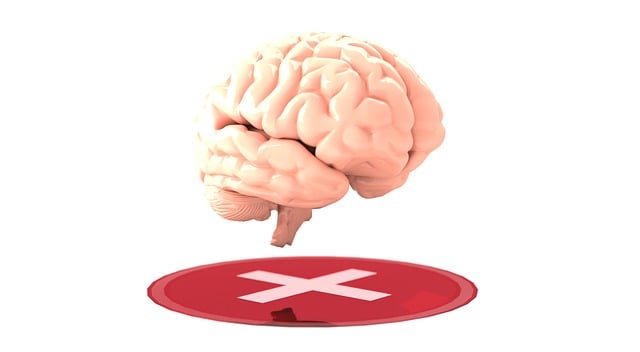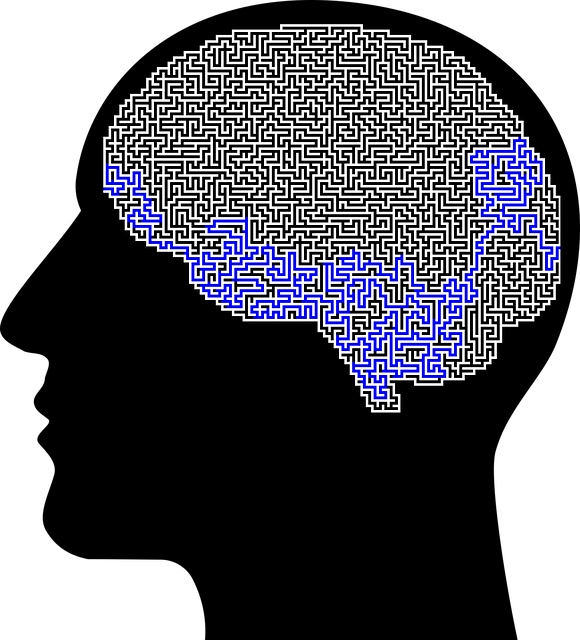Arvada Veterans Therapy utilizes the RFM framework—Resilience, Flexibility, Mindfulness—to empower veterans with coping strategies for mental health challenges. Through tailored programs combining self-care routines, mindfulness techniques, Social Skills Training, and Confidence Boosting exercises, they foster emotional intelligence, reduce anxiety, and improve focus. Beyond individual sessions, they offer crisis intervention and risk assessments, providing comprehensive care and building resilience in a holistic manner. By integrating RFM into daily life, veterans can manage trauma, promote healing, and adapt to challenges for improved mental wellness.
Resilience is a vital asset for veterans, enabling them to overcome challenges and navigate life’s storms. This article explores RFM (Recovery, Flexibility, and Mastery), a comprehensive framework designed to bolster mental health and resilience. We delve into the role of Arvada Veterans Therapy in facilitating this process, highlighting their expertise and impact. Additionally, we discuss various resilience-building exercises, their benefits, and practical strategies for integrating RFM into daily life, empowering all veterans to thrive.
- Understanding RFM: A Framework for Resilience and Mental Health
- The Role of Arvada Veterans Therapy in Building Resilience
- Types of Resilience-Building Exercises and Their Benefits
- Integrating RFM into Daily Life: Practical Strategies for All Veterans
Understanding RFM: A Framework for Resilience and Mental Health

Resilience is a powerful tool that empowers individuals to overcome challenges and navigate life’s ups and downs with strength and adaptability. At Arvada Veterans Therapy, we recognize the importance of fostering resilience, especially among our veterans who often face unique barriers to mental well-being. The RFM (Resilience, Flexibility, and Mindfulness) framework serves as a comprehensive guide for enhancing resilience and promoting better mental health.
This approach encourages individuals to develop a robust self-care routine, emphasizing the significance of regular practice in building resilience. By integrating mindfulness techniques into daily life, one can improve their ability to manage stress and emotions effectively. Additionally, Social Skills Training and Confidence Boosting exercises play a pivotal role in the RFM framework, enabling individuals to foster healthy connections and cultivate a positive self-image, both essential components of overall well-being.
The Role of Arvada Veterans Therapy in Building Resilience

Arvada Veterans Therapy plays a pivotal role in fostering resilience among individuals facing various challenges. Through specialized programs and services, they offer an array of empathy-building strategies tailored to meet unique needs. These strategies are designed to help clients navigate difficult situations, develop coping mechanisms, and enhance their ability to bounce back from adversity. By combining evidence-based practices with a deep understanding of the human psyche, Arvada Veterans Therapy creates a supportive environment conducive to mental healing.
Their expertise extends beyond individual therapy sessions. They provide crisis intervention guidance and conduct risk assessments for mental health professionals, ensuring that those who seek help receive the highest level of care. This holistic approach, combined with their commitment to community engagement, makes Arvada Veterans Therapy a leading force in building resilience and promoting mental well-being among their clients.
Types of Resilience-Building Exercises and Their Benefits

Resilience-building exercises are a crucial component of Arvada Veterans Therapy, offering individuals powerful tools to navigate life’s challenges and promote mental wellness. These exercises cater to various aspects of emotional intelligence, enabling participants to develop coping mechanisms that enhance their overall emotional well-being. One popular technique involves mental wellness journaling, where individuals record their thoughts, emotions, and experiences. This practice allows for self-reflection, helps identify patterns, and provides a safe space to express oneself, fostering emotional processing and release.
Additionally, exercises focused on mindfulness and stress management significantly contribute to building resilience. Simple breathing exercises, meditation practices, and progressive muscle relaxation techniques enable individuals to gain control over their responses to stressful situations. By cultivating present-moment awareness, these practices help reduce anxiety, improve focus, and enhance overall mental clarity, thereby strengthening one’s ability to bounce back from adversity.
Integrating RFM into Daily Life: Practical Strategies for All Veterans

Integrating RFM (Resilience, Flexibility, and Mindfulness) into daily life is a powerful strategy for all veterans seeking to enhance their mental wellness and resilience. At Arvada Veterans Therapy, we believe that practical, accessible tools can make a significant difference in managing trauma and promoting healing. One effective way to do this is through simple yet impactful exercises that cultivate self-awareness and emotional regulation.
For instance, incorporating mindfulness practices into your routine, such as journaling about thoughts and emotions without judgment, can foster a deeper connection with one’s inner experiences. This mental wellness journal exercise provides guidance in processing trauma and preventing depression by encouraging reflection and self-care. Regular engagement in these self-awareness exercises allows veterans to build resilience, adapt to challenges, and develop effective coping mechanisms for a more balanced and fulfilling life.
Arvada Veterans Therapy has established an effective framework, RFM (Resilience, Flexibility, and Mental Health), to enhance veterans’ well-being. By combining theoretical understanding with practical exercises, this approach empowers individuals to navigate life’s challenges. Through specific activities tailored to their needs, veterans can build resilience, fostering a sense of control and emotional stability. Integrating RFM into daily routines offers a sustainable path to improved mental health, benefitting all who seek to strengthen their psychological fortitude.



